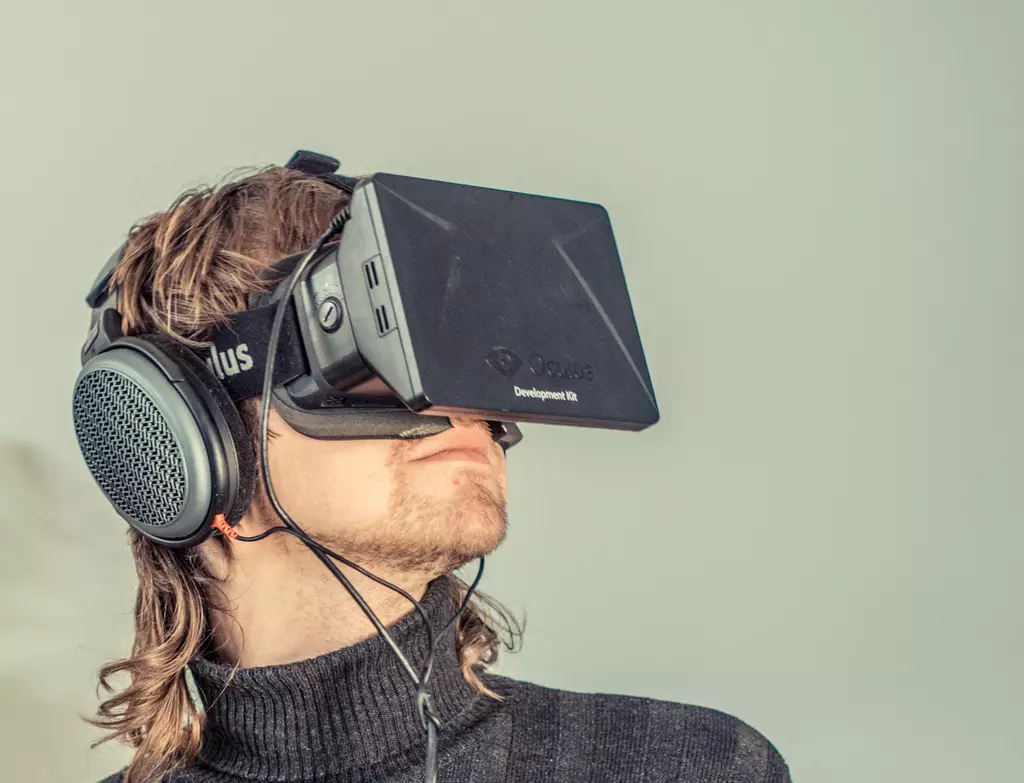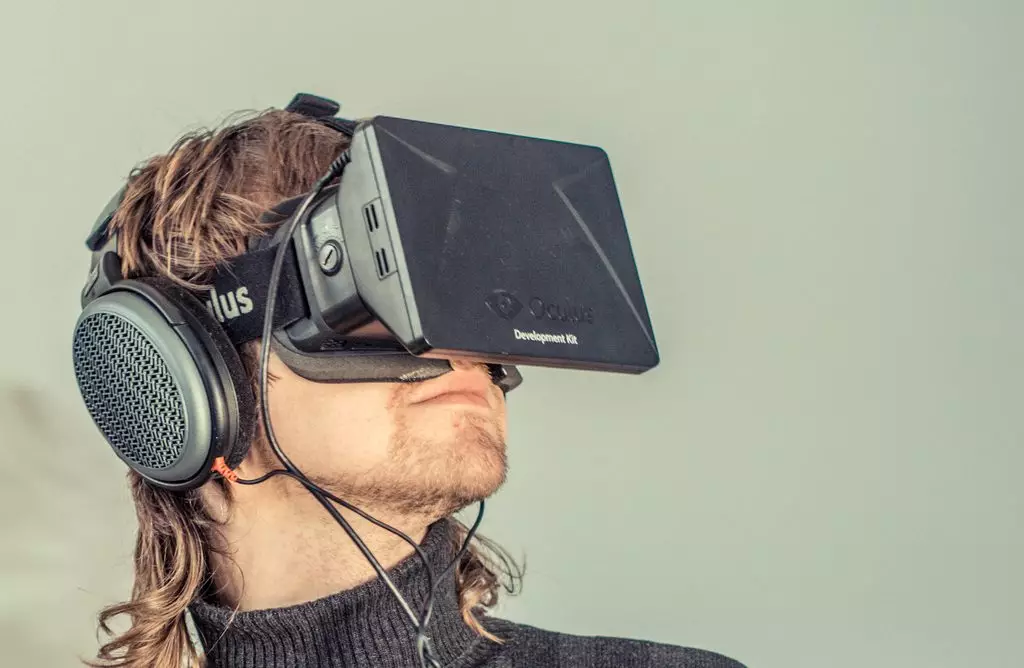There are a lot of people who believe that the coming boom in virtual reality technology is going to change the landscape of home gaming completely. An editorial at GamesRadar tackled the idea from the viewpoint of a skeptic and determined that the sheer quality and capability of early VR consoles lays a foundation for them to change the way we play and think about games.
To an argument like that, I have only one response: 3D televisions have exceptional quality and capabilities also, and they pretty much went the way of the dodo five minutes after we were all promised they were the next big thing. I actually found the relative crash of in-home 3D entertainment to be one of the more fascinating tech developments in the past decade. It’s not very often that the public, as a whole, issues a “slow down” to the tech industry. Take it easy, TV designers… we enjoyed jumping into Avatarat the theaters but asking us to wear goggles in our living rooms is just cumbersome; TV is freaking spectacular as is.
I can’t help but feel that this is applicable to 3D gaming as well. Is it absolutely incredible to be fully immersed in a 3D fantasy environment where you can genuinely interact with your surroundings? Sure. Could VR gaming trick the mind into thinking a game is real, in a way that even the exceptional graphics of current generations can’t? Absolutely. But are we really all going to start doing this in our home? In my opinion, there’s just no way, and the GamesRadar writer makes my point for me by describing the future of gaming as “grown men and women wandering around their living rooms….” It’s just not realistic. There’s no issue with the technology, which has arrived, and there’s no issue with user interest, which is certainly out there—it’s a space and movement problem. It’s not exactly the same as the 3D TVs, but the core difficulty is similar: it’s just not convenient.
But to be clear, I’m not predicting the total failure of the VR industry. I believe that if it’s going to succeed—and if it’s going to change gaming—it will do so by promoting the genres for which it works, rather than revolutionising how we play games in general. In other words, maybe Call Of Duty and FIFA never work out in VR because there’s basically no point diving into those environments without the ability to move around. We’ll stick with our Xbox Ones and PS4s for such games. But maybe some other styles of games that work well with immersion without requiring immersion do make sense. These genres come to mind.
Racing Games
The fastest and most frenzied movement in gaming is actually entirely stationary—or at least, it could be in VR. In a racing game, it’s all about your perspective on the road ahead, and where you move your vehicle controls that perspective. It can all be done from a seated position, but with VR you could place yourself more literally inside your car, looking around to the vehicles beside you and managing the road with a controller or artificial steering wheel. And you’d better believe it’s in the works, as Slightly Mad Studios is leading the way. Having dabbled in Need For Speed and created the brilliant MMO World Of Speed, the developer is now working on making their incredibly detailed Project Cars game compatible with Sony’s forthcoming VR headset for PS4 users. The potential there is pretty staggering.
Casino Games
Casino games have struggled somewhat on ordinary gaming consoles, mostly because consoles just aren’t needed to bring the games to life. Any game that can be played on a tabletop has, until now, been plenty good enough on a smartphone, tablet, or computer screen. Nevertheless, the casino gaming industry has made subtle strides already toward more realistic experiences. Gala Bingo’s selection of bingo options is perhaps its most recognizable branch, but the company has also helped to pioneer a new form of casino gaming online in which players can interact with live dealers—sort of like a webcam into a real casino. It seems as if virtual reality is a natural next step, and perhaps the one that finally brings this genre to major consoles. The chance to sit at a poker table, hear the machines and crowds around you, speak to and see opponents and dealers, etc. would truly feel like being in a live casino.
Horror Games
Horror doesn’t quite fit in the same way as racing games or casino games because ideally in most horror scenarios, you’re able to move around a little bit. But even if movement is required, it’ll almost always be slow, creeping, exploring movement, as opposed to quick or athletic maneuvers, so it should require less space. But perhaps more importantly, horror games stand to work well in VR simply because the scares are that much better when you’re actually in the environment. Crave Online did a write-up of 10 VR games that could convince a skeptic to “strap up,” and the first one mentioned is a Paranormal Activity game reportedly being developed for the Oculus Rift. That alone should get you curious about the potential for the horror genre. If this stuff is so terrifying when we watch other people go through it on a big screen, how crazy will it be when it’s “happening” to us?
More than shooters, sports games, or adventures, these are the genres that seem best suited to the coming wave of VR attempts by major console developers. And reading between the lines, one thing is also fairly clear: it’ll be those console developers, rather than independent companies, that probably end up pioneering VR gaming. Because some games figure to work better than others, it’s unlikely many players will be replacing their consoles with VR. Instead, we’ll be buying VR as an addition











Recent Comments
(Latest Update 08-18)[…] Parker Warner Wright Releases a New Creepy Puzzle Video 2019 (Latest Update 08-18) […